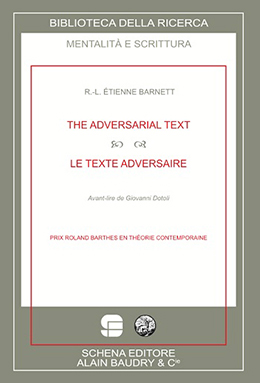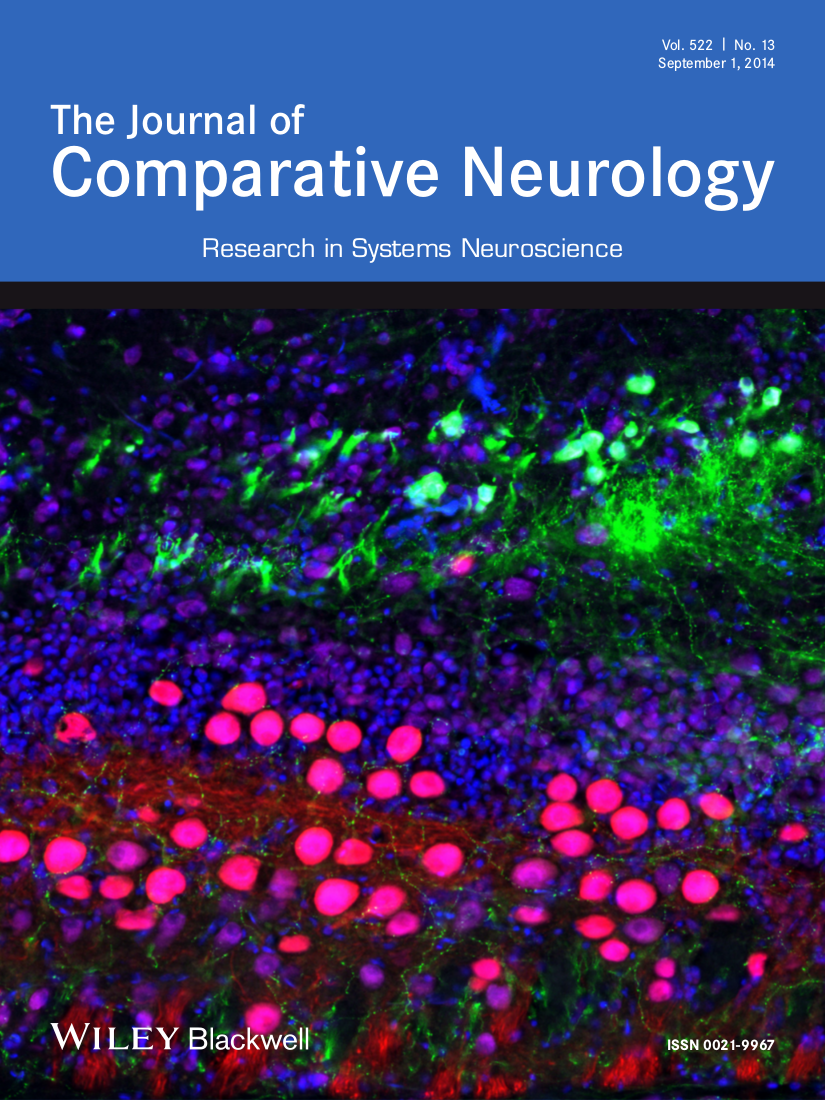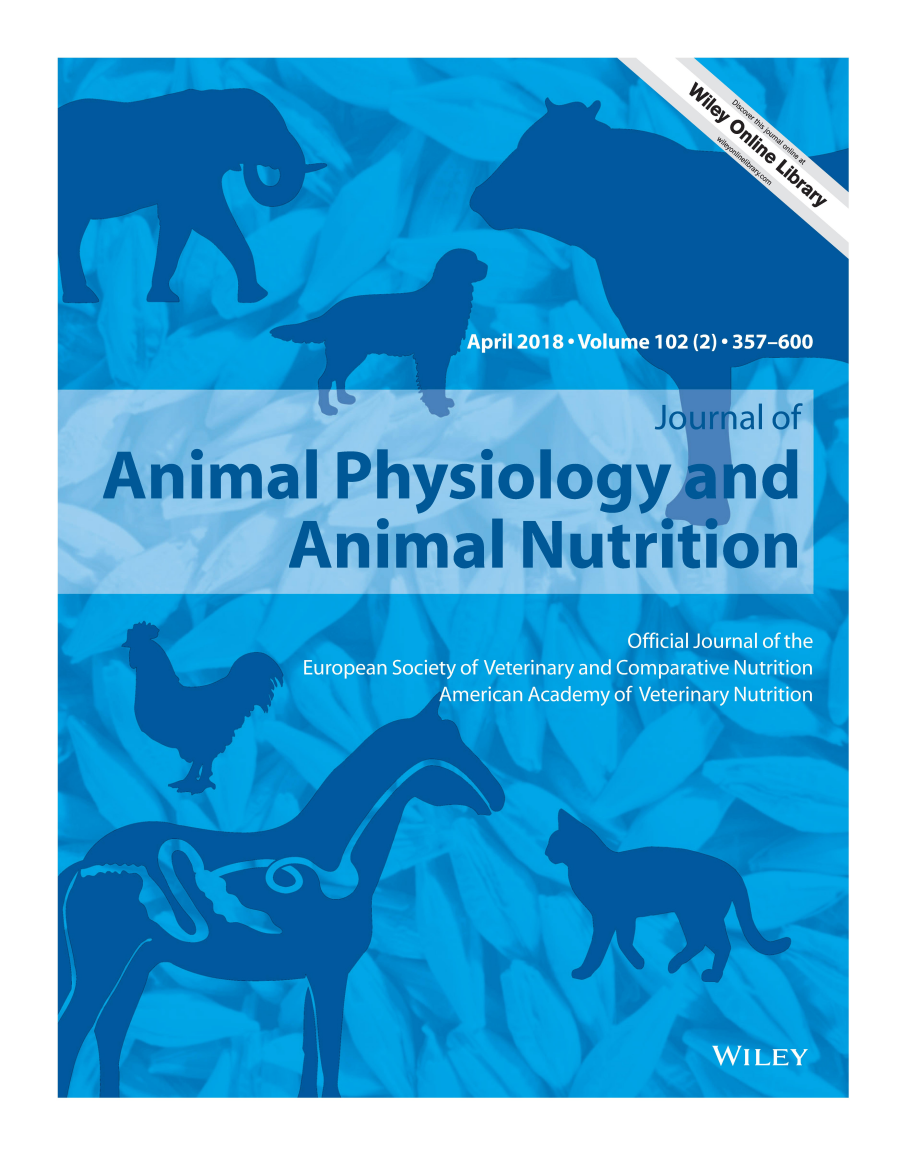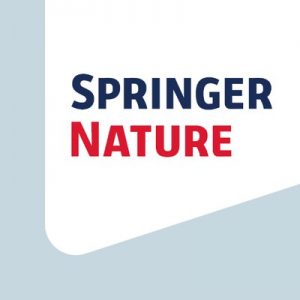 A mysterious lit and film critic who built a significant portion of his career using the words of other scholars instead of writing his own appears to be attempting a second act.
A mysterious lit and film critic who built a significant portion of his career using the words of other scholars instead of writing his own appears to be attempting a second act.
Last year, Richard-Lawrence Etienne Barnett, who has lost more than two dozen papers for plagiarism, published a book called “The Adversarial Text,” which appears to have a rather cozy relationship with four of his retracted articles. The apparent purloinment was first reported by Volker Schröder, a scholar of French and Italian at Princeton University who has been following the Barnett case for the better part of two decades.
In 2001, Schroeder found that
Continue reading A critic with more than two dozen retractions can’t seem to stop plagiarizing
 Last month, the
Last month, the 

 A group of Australian researchers who studied the cat’s meow as a model for urinary incontinence and other motor-neural issues in people have
A group of Australian researchers who studied the cat’s meow as a model for urinary incontinence and other motor-neural issues in people have  A leading orthodontics journal has retracted 12 papers after determining that they contained either reused images, questionable data or both. Several of the articles involved experiments conducted in dogs — and one person familiar with the case told us that the duplication was an attempt to avoid sacrificing more animals than necessary for the research.
A leading orthodontics journal has retracted 12 papers after determining that they contained either reused images, questionable data or both. Several of the articles involved experiments conducted in dogs — and one person familiar with the case told us that the duplication was an attempt to avoid sacrificing more animals than necessary for the research.  A fish scientist in Iran has now
A fish scientist in Iran has now  We finally have some clarity on the case of the erroneous retraction over at the
We finally have some clarity on the case of the erroneous retraction over at the  The
The 